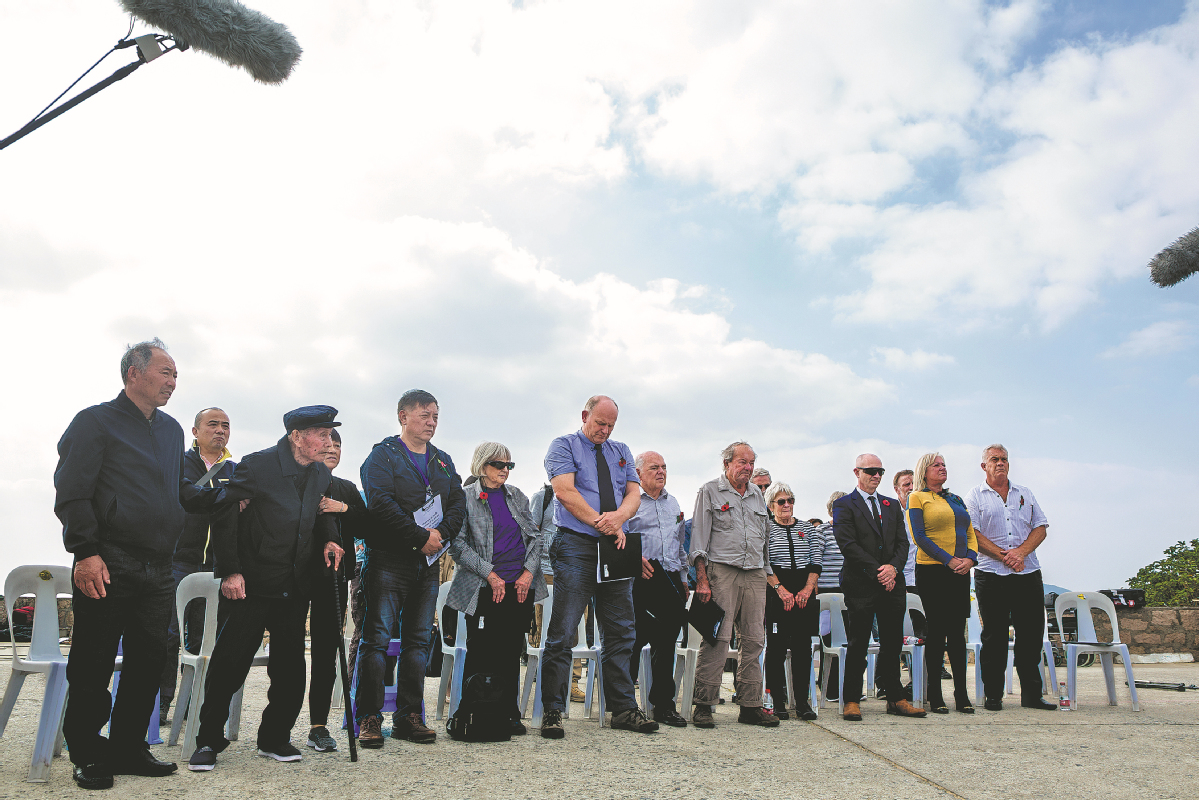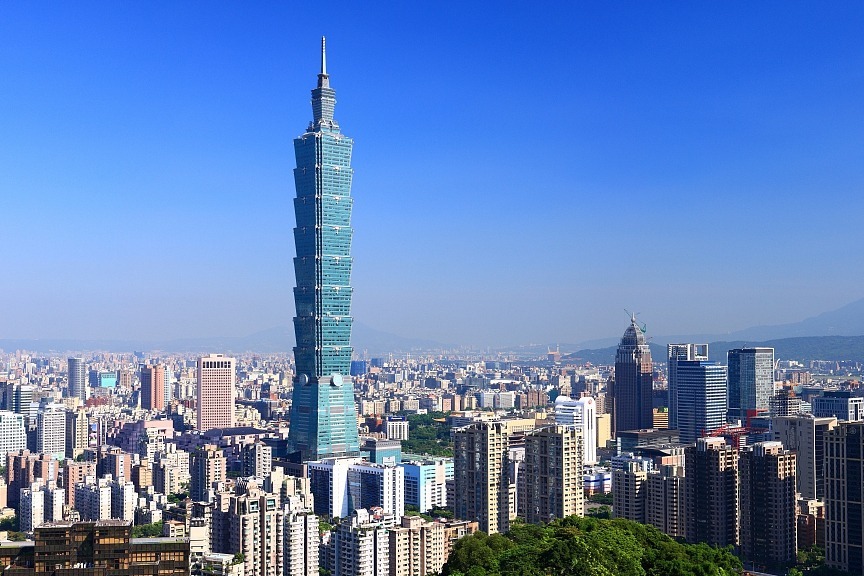Film salvages wartime story of tragic sinking, heroic rescues
Documentary sheds light on Chinese fishermen who saved British prisoners of Japan


The cargo vessel Lisbon Maru was converted into a troop carrier by the Japanese army during World War II. In October 1942, while carrying about 1,800 British prisoners of war from Hong Kong to Japan, it was torpedoed by a United States submarine off the coast of East China's Zhejiang province.
The POWs were locked in the holds and left to drown. Some of them managed to escape, but were fired upon by Japanese soldiers. Chinese fishermen heard the incident from the shore and rushed to save 384 British soldiers. The ship sank with the loss of 828 POWs who were either shot or drowned.
Down went the ship, the prisoners and their stories for decades.
In 2015, when President Xi Jinping was making a state visit to the United Kingdom, he made a speech at a state banquet in which he referred to the Chinese fishermen's rescue of the British POWs as an example of friendly ties that will never fade and an invaluable asset in relations between China and the UK.
In recent years, there have been efforts to raise awareness about the rescue, including the documentary film The Sinking of the Lisbon Maru, which hit the big screen on Friday.
Filmmaker Fang Li spent eight years making the film. With rare footage and historical archives, the documentary tells the heroic and tragic story of both the lost and the saved.
































